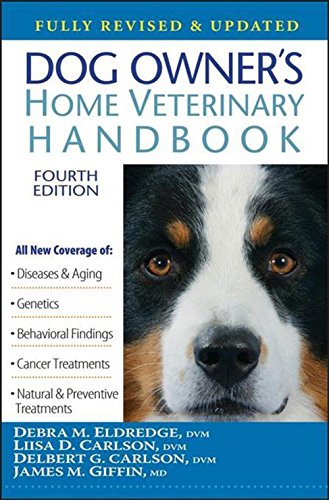
When you look at your pet, lying there beside you on the floor, out playing in the yard, or in the car on the way to the veterinarian, what do you see? When you make decisions about the health and well-being of your dog (or cat, bird, rabbit, etc), what thoughts influence your decisions? Have you always felt this way about pets in your life?
Everybody looks at their pet differently. Some people keep pets as property. The basic idea behind ‘property’ is that the pet fulfills a function and is worth a certain amount of money. That function can range from guarding other possessions to acting as a fancy decoration. A pet, just like a lamp, can be bought and sold as the owner wishes.
Many more people see pets as companions, rather than as possessions. These people still believe in ownership, but give pets a monetary and an emotional value. Companion animals can do all the things that a ‘property’ pet can do, but also fill a variety roles and are involved in our lives in a complex fashion. These pets become exercise partners, comforters, and late-night TV buddies.
The third level is family. Some people treat their pet just like a member of the family. These pets are no longer thought of as property, but are thought of like companions that have the same emotional needs as humans. Pets then become the eternal ‘child’ of the family, and decisions always take their well-being into consideration.
There is nothing wrong with any of the three above viewpoints, as long as the animal’s welfare (mental and physical health) is the main priority, and is being taken care of. More and more pets are being thought of either as companions or family. What is fueling this change of attitude? Is it the baby-boomer generation with lots of money to spend, and no kids at home to spend it on? Is it because of the increased awareness of animal rights in agriculture? Whatever the reason, the idea of treating pets as companions and family members has taken a strong hold of the general public. Although, under current laws, animals are still considered property, they are gaining a few rights. Animal abuse laws are becoming stricter, as are the penalties for improper animal care.
Another trend that is happening, is that in general, people are willing to spend more money on their pets. With more money being spent, the technology is also increasing quickly. The treatments and tests available for pets are nowhere near those of humans, but are progressing at a rapid rate. Treatments that used to sound outrageous to the average pet owner, such as implanting a pacemaker, have become a reality. People are willing to ensure the comfort and longevity of their pets. This has instigated the creation of a huge number of referral practices with various specialists. Your pet can now go see a board-certified dentist, oncologist, dermatologist, neurologist, or cardiologist.
So how familiar does this sound to you? Do you admit to treating your pet in a manner you would have never allowed before? For example does your pet get away with bending the rules? Are you recognizing and avoiding situations that make your pet nervous or anxious? Do you find yourself calling your pet a ‘friend’ or ‘child’? How do you view your pet? Your interpretation of your pet’s role in your life is very important. Your pet will easily accept the role that you assign it, and will act in an appropriate manner. A ‘property’ pet will probably never expect any special attention from you. A ‘companion’ will enjoy your company but also learn to be slightly independent. A ‘family member’ pet will be demanding of your attention, and will give you all of its attention in return.
An owner needs to understand the pet’s role. This role will determine how critical decisions are made. How much money is the pet’s owner willing to spend in an emergency situation? What kind of quality of life do you want for your pet at the end of its life? If you look at these questions closely, you will realize that, in our society, these are no longer questions just about money; they are about emotions. They are about the emotions and decisions that you will have to make for your pet, possession, companion, friend, or family member.
By Ashley O’Driscoll – Pets.ca writer
 Disadvantages Of Dog Boarding Solutions Online
When you possess a canine, everyday could seem like a holid
Disadvantages Of Dog Boarding Solutions Online
When you possess a canine, everyday could seem like a holid
 Top 10 Healthiest Dog Breeds
Woof!No other animal has aid
Top 10 Healthiest Dog Breeds
Woof!No other animal has aid
 How to Pick the Perfect Dog Name
What would you call this animal?
Cred
How to Pick the Perfect Dog Name
What would you call this animal?
Cred
 Adventures with Your Dog: 23 Ways To Spend Quality Time With Your Pooch!
23 Great Adventures With Your Dog
Its important to spend
Adventures with Your Dog: 23 Ways To Spend Quality Time With Your Pooch!
23 Great Adventures With Your Dog
Its important to spend
 Kyjen Plush Puppies Alligator Squeaker Dog Toy
If your dog gets new toys an
Kyjen Plush Puppies Alligator Squeaker Dog Toy
If your dog gets new toys an
Copyright © 2005-2016 Pet Information All Rights Reserved
Contact us: www162date@outlook.com